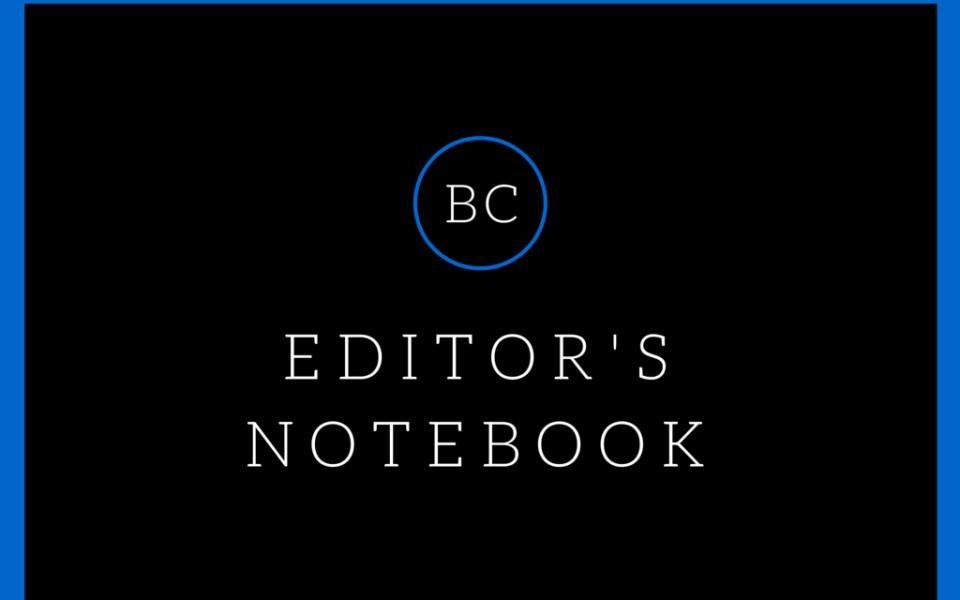Like a lot of other great pieces of work, this week’s cover story had a long lead time.
In 2015, Senior Editor Jordan Green identified the poorest Census tracts in the Triad. We weren’t sure what we were going to do with the information — High Point and Greensboro had just been named the worst cities for food insecurity in the nation, with Winston-Salem not far behind, and we’ve always been interested in income inequality, systemic poverty and the question of how things got to be the way they are.
And so, nine months ago, Green undertook the project of learning who, specifically, owned the poorest tracts in High Point, where renters outnumber resident property-owners almost nine to one and the people who live there dwell near the bottom in the key statistics of income, education, employment and opportunity.
What he uncovered in this zone of despair goes beyond a list of property owners and the business of low-income housing. It bleeds into the systemic federal policies that created ghettoes in and around our cities and enshrined segregation into law.
Along the way, he identified a small cache of high-end condos in the High Pointy Furniture District and a Deadhead property manager who named his company after the fictional stomping grounds of the Dire Wolf.
It’s worth mentioning that no other papers in the Triad would dedicate nine months of the year to investigative work of this caliber — let alone an investigative piece about High Point, which often gets the short end of the stick when it comes to Triad-wide media.
And I don’t know another journalist in our three cities who could pull something like this off.
This is the kind of story Triad City Beat was created to run: deep-dive investigative work that nobody else will touch, with subject matter that defies the easy 800-word news piece and requiring as much time to research as to gestate a human baby.
It’s an honor to publish this piece, and an honor to work with Green, who so meticulously gathered and interpreted the data.
It’s a long one — we’ve blown out the front of the paper to accommodate all the elements of what amounts to a body of work — but I think you’ll agree it was worth the wait, and the space.
Join the First Amendment Society, a membership that goes directly to funding TCB‘s newsroom.
We believe that reporting can save the world.
The TCB First Amendment Society recognizes the vital role of a free, unfettered press with a bundling of local experiences designed to build community, and unique engagements with our newsroom that will help you understand, and shape, local journalism’s critical role in uplifting the people in our cities.
All revenue goes directly into the newsroom as reporters’ salaries and freelance commissions.





Leave a Reply